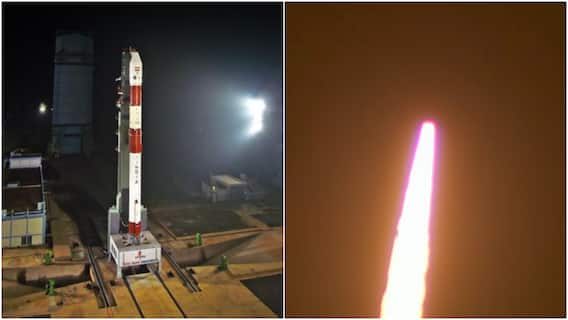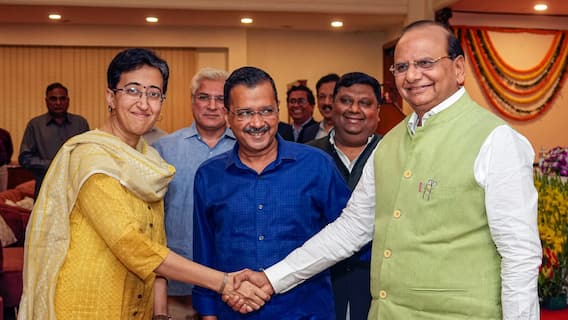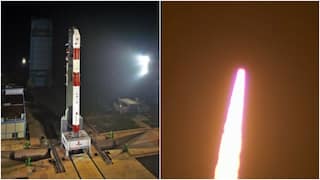Renault, Nissan To Invest Rs 5,300 Crore In India, To Roll Out Six New Models
The alliance between Nissan and Renault expects the fresh investments to create 2,000 new jobs in India through additional R&D activities and it has plans to locally produce electric vehicles in India

Franco-Japanese automotive alliance Renault-Nissan on Monday announced an investment of $600 million (Rs 5,300 crore) in India to bring six new products, including two small electric cars, and upgradation of their Chennai faclity, the PTI reported. The new vehicles will also include four SUVs with conventional engines, the first of which will hit the market by 2025.
Of the six vehicles, three each will be for Nissan and Renault. The alliance expects the fresh investments to create 2,000 new jobs in the country through additional R&D activities and it also has plans to locally produce electric vehicles in India.
Nissan Global Chief Operating Officer and Member, Alliance Board, Ashwani Gupta, in the presence of Tamil Nadu Chief Minister M K Stalin and Renault India Country CEO Venkatram Mamillapallee exchanged a memorandum of understanding with the state government promoted nodal agency Guidance Bureau MD and CEO Vishnu Venugopal at an event.
The announcement follows the restructuring of the alliance's global structure earlier this month, putting both Renault and Nissan in an equal footing, doing away with the earlier dominance of Renault.
"We are writing the next chapter for the alliance in India after the global alliance announcement we did in London about getting into the next level," Gupta told reporters in a virtual interaction. He said, "What does it mean for us in India is we are going to develop, manufacture, sell and export six brand new vehicles, out of which four are SUVs and two are A segment EVs. To do that, we are going to invest $600 million or Rs 5,300 crore of investment and 2,000 more employment." It will be a shared investment between Nissan and Renault, Gupta added.
In addition to that, the alliance will make their Chennai manufacturing facility to be 100 per cent based on renewable energy by 2045, he added.
Nissan's Africa, Middle East, India, Europe, and Oceania region Chairperson Guillaume Cartier reiterated Renault and Nissan's commitment to the Indian market and its electrification to minimise impact on the environment.
"India was the first alliance plant and India will be at the centre of this new chapter of the alliance, with new vehicles, new R&D activities and new export markets taking our joint operations to the next level," he added.
Similarly, Renault Group Chief Purchasing Officer and Managing Director of Alliance Purchasing Organisation (APO), François Provost, said, "India is a key market for Renault Group...India has also a key role in our R&D worldwide footprint. This project together with Nissan is the first concrete output of the new Alliance ambition released on February 6." On the timeline for the investment and launches of the new products, Gupta said, "We have already started (the investment) because we have already started working on the products. I think the first product will be (launched) 2025 and then in a very few years after 2025 this investment will be fully finalised." He said the SUVs will be positioned in the fast growing mid-sized 'C segment', while the two electric cars will be in the small 'A segment' category.
This investment is purely for the six new models and some of the modernisation that would be done at the Chennai plant to make it utilise up to 80 per cent capacity for local as well as for export, he added.
The alliance plant in Chennai, run by Renault Nissan Automotive India Pvt Ltd (RNAIPL), has an installed annual production capacity of 4.8 lakh units.
Gupta said the current capacity utilisation is 49 per cent and "with these products, we will be reaching up to 80 per cent of production capacity utilisation, for local as well as for export needs." "Having said that, when we talk about battery electric (vehicle), this plant will need some investment in the modernisation with the new technology that we will be continuing to do and that may not be fully included into the $600 million dollars of investment," he added.
In the near future the alliance has no plans to increase the capacity and the target is to use the full installed capacity, using local as well as export volumes.
Trending News
Top Headlines






































